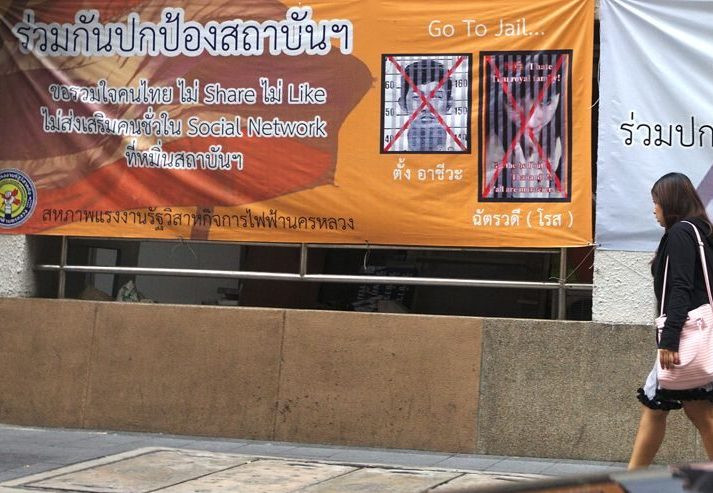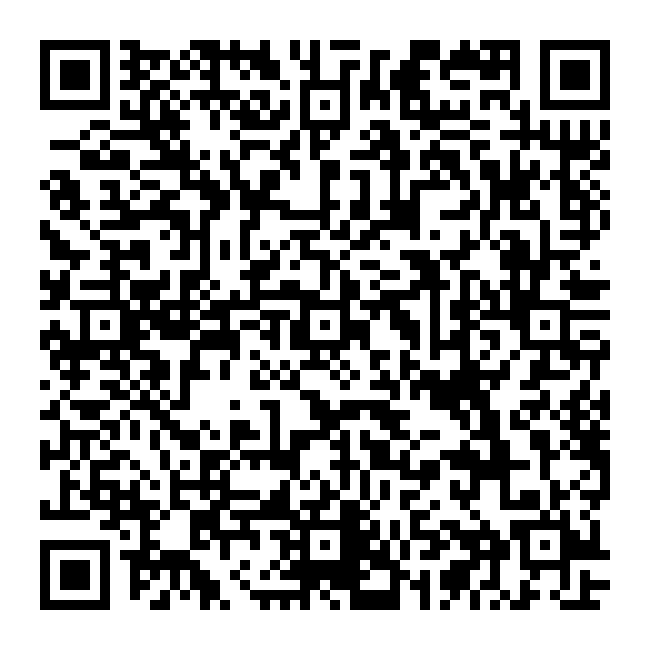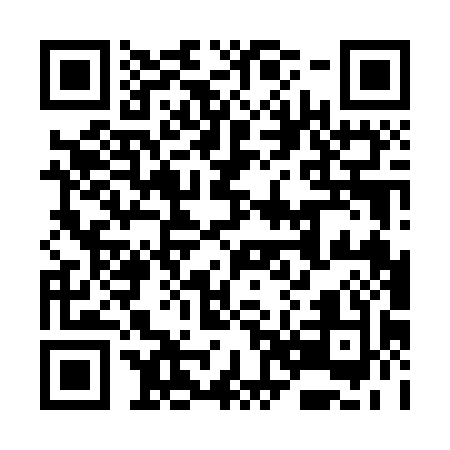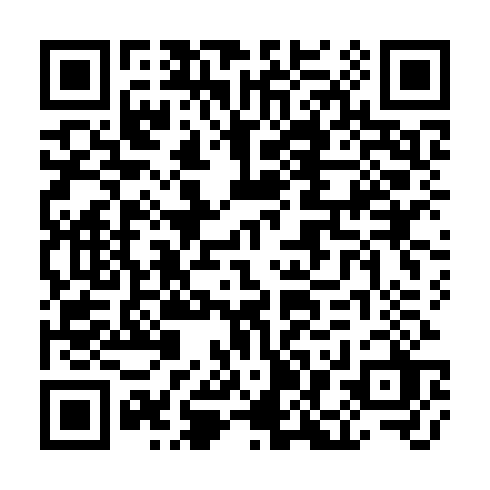 2014 banner in Bangkok threatening inhabitants that they can be jailed for "sharing" or "liking" on social media. Image credit Pratyek.
2014 banner in Bangkok threatening inhabitants that they can be jailed for "sharing" or "liking" on social media. Image credit Pratyek.Once the centerpiece in the hopes of a free and prosperous world, the Internet is currently undergoing significant mutations towards a consumption-oriented content delivery system, rather than the Peer-to-Peer network it was intended to be.
 2014 banner in Bangkok threatening inhabitants that they can be jailed for "sharing" or "liking" on social media. Image credit Pratyek.
2014 banner in Bangkok threatening inhabitants that they can be jailed for "sharing" or "liking" on social media. Image credit Pratyek.
The battle for the Internet has been long and ardous, and recently, the interests that want to turn it into a hyperdimensional panopticon, taking center-stage in the societal control complex, have been rapidly gaining strides.
The primary functional purpose of the Internet was originally intended to be a mechanisms for establishment of end-to-end connectivity for information transfer. Any given two endpoints connected to the Internet should be able to connect bi-laterally and directly to each other using unique addresses. In this model any one peer can reach any other peer in the network.
Today, from the strange place we have arrived at, the guarantee of end-to-end connectivity might seem like an unneccessary complication. In reality, a global network guaranteeing end-to-end connectivity for all would have meant a much more elegant and simple implementation, than the current situation of an increasingly technically patched and fragmented Internet.
Or, why we need End-to-End Connectivity, not just End-to-End Encryption.
The creation of any sort of private, human-friendly or freedom-enhancing system requires the inclusion of end-to-end connectivity as a fundamental principle. Unfortunately, much of the Internet is currently being transformed into a content-delivery service, more akin to Television On Steroids.
This very unfortunate turn of events, partly pushed by state and government control agendas, and partly pushed by cost-cutting efforts from Internet service providers, coupled with the huge uptake in consumer acceptance of just-good-enough mobile LTE and 5G Internet access, has led to a situation where most of the current Internet users actually do not have real Internet access, but a watered down, consumption-oriented pseudo-service.
Why is it almost impossible to implement human-oriented, freedom-enhancing services on this platform? Because all services, that don't just seek to shove pre-determined information through the neural pathways of its users, but seeks to extend the users voice and agency over the Internet, must provide a centralised relay that allow the user to do so. In common terms, we call this a server, or for very large system, such as an email-provider, or something like Facebook, it might be an entire data-center full of servers. Or a network of data-centers spanning the globe.
Any service or application that want to enable interaction between users needs to provide infrastructure to do so, and in the current state of the Internet, since end-to-end connectivity has been effectively destroyed, the only way to do so is by using centralised relays.
No matter how big or small the centralised relay infrastructure is, it creates the same problem, or the same grand oppertunity, if you look at it from the ever-gluttonous perspective of the societal control complex. A central point of attack now exists, and it is easily exploited.
Because the central relay has been made an artificial neccessity, it is now a trivial matter to obtain any information about any person who uses the infrastructure. Should any person dare stick their head out too far, it is also easy to simply remove the person by the push of a button, and further to directly view who the person shared information and ideas with and target these people for retaliations or removal as well.
End-to-End Encryption helps defend against these threats, but only barely. It is a sort of last desperate hold the common human has on the rope that is dangling them over the abyss of a perfectly implemented total control society. As long as information and communication has to travel through pre-defined centralised relay points, it is perfectly trivial for the control complex to single out any person, solely by the patterns and metadata of their activity, even if the contents of their activities were completely encrypted (which it never is, the internet was simply not designed like this).
In reality the line between content and metadata is much fuzzier than most people think, and for a sufficiently sophisticated actor (read: anyone with a room full of computers), what we call "metadata" is plenty. Metadata is data. Especially when allowed into the pathways of machine learning and AI systems.
What we need is not just better and more complete encryption, we need it to be coupled with the original intention of the Internet: End-to-End Connectivity for every single human being on the planet.
Without end-to-end connectivity, human beings will be forever forced to associate and interact through arbiters chosen by the most powerful. Such an arrangement is not free association. It is insidious control, that will allow itself to seep through every crevasse it finds until it engulfs all aspect of life.
If end-to-end connectivity is restored and guaranteed for all, the need for centralised relays, or servers, evaporates. The infrastructure needed for enabling human expression and sharing over the internet can be implemented as open-ended protocols and software, running on the devices of the people using the platforms and services, instead of physical hardware having to exist at fixed points in space and time, that are easily targeted and exploited.
This idea is not science-fiction. We are already, right now, at the point of sufficient compute power, bandwidth and storage capability, that even modest smartphones, when connected through end-to-end networks and cryptographic protocols, has more than enough resources to replace literally all current services being provided on the Internet. From banking to instant messaging to video streaming. One great example of this is Secure Scuttlebutt, which implements a full and feature-rich social networking platform, completely as a cryptographic protocol, instead of a service that user will inevitably pay for with their privacy and data.
The artificial requirement of centralized relays is currently the most fundamental control axis in the restraint of free human association and interaction. If universal end-to-end connectivity is restored, this control axis is obliterated, and the machinery of dominion will spin apart by its own inertia.
A fundamental factor in the current failure of end-to-end connectivity on the Internet has been the exhaustion of the public IPv4 address space. This exhaustion has been completely predictable for several decades. Let that sink in for a moment.
The proposed solution of adopting and migrating to the next generation of the Internet Protocol - IPv6 - could, in theory, solve the situation once and for all. The IPv6 address space is large enough that every particle in the universe could each be assigned a multitude of addresses.
So far, the uptake and deployment of IPv6 from Internet service providers have been abysmally slow, with availability for residential Internet users only growing a few percentage points every year. The problem here is, that unless a service as IPv6 is almost universally available, it cannot really be relied upon at all. If you can only count on having proper IPv6 connectivity 50% of the time, it is of little use for anyone building services and systems that need to work all the time, as is required by a society that is so fundamentally entwined in its digital connectivity. That is the simple reason that practically all services still have to rely on IPv4.
Unless things change significantly, we are likely to wait for several decades before enough users have access to IPv6 for it to make true end-to-end connectivity possible.
While we keep our hands folded for the sworn "official" technological update to the Internet, the societal control complex will have plenty of time to implement the so-called "legal" measures needed to ensure that they can enforce centralised relaying of all communication and human interaction, and that they will never have to give it up again, once implemented. Don't be fooled: This is not a theoretical threat. It is happening right now, and it will drastically affect your life in less than a decade.
The legalistic motions being made now are ensuring a strong foundation for the rapidly approaching criminalization of peer-to-peer communication and expression. Peer-to-peer is not some distant technological jargon. In case we forgot, it literally means: one human to another human, with no intermediaries. Please stop for a moment and allow that to sink in. The scope is as unfathomable as it is horrifying. Our species evolved on that premise. And because of that, our survival depends on it. It has been a fundamental axiom of a quarter million years of human life. The criminalization of unmonitored human-to-human interaction will, in the most uncomfortably literal sense, bring hell to Earth.
While these motions are being arranged in relative obscurity, billions of people around the globe are (by their own will, or by pressure from externalities of work, health and current societal issues) migrating more and more of their lifes and social spheres into structures, that exist only in the realms of digital computing machines.
There is nothing inherently bad in this migration, were it not for the dysfunction and direction of development facing the medium these computing machines are connected together by. If the substrate supporting the lands, that billions of people are migrating into is, quite literally, being transformed into the soils of hell, we are now witnessing something very troubling unfold.
There is no denying that the odds are stacked against us quite severely at this point. Personally, I don't stake any faith in the effectiveness of classical political resistance and change at this point. The sheer inertia pent up in the ongoing implementation of the societal control complex is inevitably going to completely steam-roll any gathering of humans raising banners and singing protest, with no legislator even feigning to care in the slightest anymore.
I don't say this lightly, or as a morbid joke. To experience this as what the claimed "Democratic Civilization of the West" has come to, is truly painful and saddening beyond compare to me. I don't say this to discourage protest either. Quite on the contrary, one can only respect and commend the efforts of those who organise and effectuate such protest. But at this point, we should not excercise protest as a call to our leaders. That will be a call in vain, and a waste of the precious few resources we have.
If protest is to be an effective tool, let us use it as a call to ourselves: A call to rise in recognition of each other as fellows and peers with a multitude of views, ideas and inclinations, that can create a new foundation for us all to stand on, when allowed to mix and clash freely within a Free and Open Civilization, rather than being confined to the controlled and monitored dystopia that is currently being built around us. Let's rather march to show anyone that might be watching in quiet trepidation, that we are still here, that we will keep creating and building. That we will not be stopped and that they are welcome to join us.
Once a certain amount of water has filled the hull, there really is no salvaging a sinking vessel. For some, upholding the belief that the ship is proud and unsinkable may be so important, that they simply choose to go down with it. Others will realise that there is enough resources around to construct a new vessel, jump ship and sail on. The choice must ultimately be an individual one, but I will certainly, and although politely, most pressingly invite you to join us over here on the barge. It might not yet be as impressive as the massive steel and glass collosus you currently occupy, but your socks are already wet.
We are not a figment of someones imagination, nor are our motivations a story that can be dismissed as fanciful ideas. We might still be dispersed and outnumbered. But we are here. We are building a Distributed Parallel Civilization, a global cooperative system without nations, societal control or centralised power. Here, the structures and boundaries of the old world is becoming increasingly irrelevant. Being outspoken about this has always been dangerous, especially in the light of the increasing application of force against us, deployed by the control complex. It is soon time we raise up, stand by our goals, and start building beacons to guide others.
As more and more walk back out of the control complex, we will need to provide an inspiring place to go, and at larger and larger scale. We already have most of the tools we need to ensure this, but a few are still lacking. I believe the most important of these tools right now is a flexible global communication network ensuring end-to-end-connectivity and complete initiator anonymity of it's users. If we can put that in place, free human expression and association becomes near unstoppable.
To realise this, we will need to leverage all the resources and capabilities currently available to us, but it is in no way out of reach, and incredible progress has already been made. We are closer than ever, but we still have monumental tasks ahead of us. If you have any ways of contributing to this endeavour, please join the effort.
Even in its currently fragmented, controlled and censored state, the Internet still offers an invaluable stepping stone that can help turn the tide of the efforts against freedom and autonomy. Just as the first pioneers of digital information sharing, armed only with modems and the simplest of computers, created completely autonomous networks of association and peer-to-peer exchange, by commandeering the telephone network of copper wires circling the globe, we too can co-opt the Internet for the same purpose.
Instead of relying on the Internet itself to provide the communication and association infrastructure we need, we can view it simply as an underlying carrier mechanisms, on which we can build human-oriented and freedom-enhancing overlay networks. With time, these networks can be gradually migrated to physical carrier mechanisms that are more closely aligned with the goals of the overlay networks themselves.
Several such overlay networks already exist, and are reaching better and better levels of stability and maturity. Outstanding examples are I2P and Yggdrasil. Without projects like these, it would be practically impossible to communicate freely over the Internet today. The efforts of the developers, and all the people volunteering to provide infrastructure and bandwidth for the networks are directly holding back the door of free communication from slamming shut in our face. A moment of gratitude to them is in order.
It is also of great importance, that we seek to develop protocols and mechanisms for building physical mesh networks, that can span vast geographical areas, and that the tools for doing so are placed directly into the hands of anyone who see it fit to build these networks. Without such an effort, our communications infrastructure (even if it runs entirely in private overlay networks) will always be at the mercy of the societal control complex. The power to simply disconnect the entire civilian population of an area from the Internet is readily available, and have been excercised many times.
We don't just need one big network, built as an overlay on the Internet, we need a multitude, and we need to connect them in a myriad ways. We need thousands of networks without kill-switches and control mechanisms, and we need to bind them together, both over the Internet, around it and outside of it. We need to give people the tools to build their own networks, anytime and anywhere, and to connect them together as they see fit, without arbiters, gatekeepers or external control.
Enabling such capabilities for anyone is the focus and motivation of my own work on the Reticulum Networking Stack. While it is still in its infancy, it is showing promise, and is already being used to solve real-world problems in novel ways. I am now quite certain that it can mature into the powerful tool that I envision it to become. It will certainly not be the whole of the solution, but I believe it can be part of it.
Whoever you are, or wherever your inclinations or interests direct you, I am almost certain that you, and those dear to you, stand to benefit from the continued existence of the technologies and possibilities I discuss here. If you have the skills and time, or even just the silghtest will, please join the efforts in ensuring Free and Open Communications for everyone. Help by providing infrastructure and bandwidth, help by testing new software and hardware, help by coding, or just as important: Help by spreading awareness. The more people are aware of the real situation, the harder it becomes to accelerate the deployment of the control structures. If we can slow the spread of control, we can win. Not by wasting our precious resources in a war with a collosus, but by creating a better society, a Free and Open Civilization, where the collosus is irrelevant.


